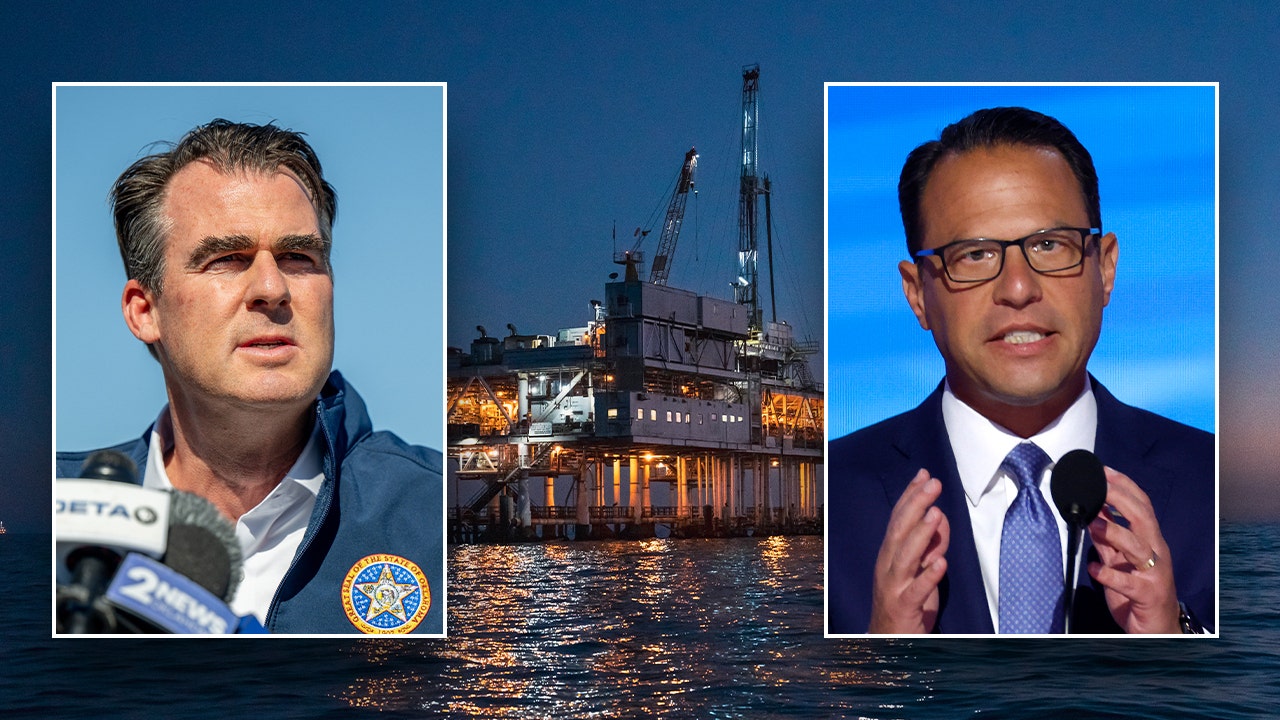Slashing energy development red tape, beating China in ‘AI arms race’ top priorities for nations’ governors

In a recent conference held in Washington, National Governors Association Vice Chair Kevin Stitt emphasized the need for permitting reform to streamline energy projects in the United States. Stitt highlighted the importance of not taking longer to approve a project than it takes to build it, pointing out the bureaucratic hurdles that hinder the country’s ability to compete with nations like China in cybersecurity and energy dominance.
Governors from both sides of the political aisle came together to address the challenges posed by government bureaucracy at all levels. Stitt and Pennsylvania Gov. Josh Shapiro found common ground on energy development and permitting reform, recognizing it as a national security issue that must be tackled urgently. They emphasized the need for affordable and reliable energy sources to meet the demands of both domestic and international markets.
Interior Secretary Doug Burgum underscored the competitive nature of the global energy landscape, where countries like Russia, China, Iran, and North Korea pose significant threats through cyberattacks. He stressed the importance of winning the AI arms race with China to safeguard critical infrastructure and maintain economic stability. Burgum also highlighted the potential of nuclear energy and new technologies that enable the deployment of power plants closer to where they are needed.
Shapiro shared Pennsylvania’s efforts to streamline the permitting process by mandating timely reviews of infrastructure projects. He emphasized the state’s legacy as a national energy leader and the importance of expediting energy projects to capitalize on its resources. Despite past policy reversals on fracking, Shapiro indicated a more measured approach to energy development to balance economic growth with environmental concerns.
The governors discussed initiatives like the bipartisan SPEED Act in Harrisburg, which facilitates third-party permitting review to accelerate project approvals. They also highlighted the accessibility of the Trump administration in supporting state initiatives, with South Carolina Gov. Henry McMaster sharing how cabinet secretaries had provided personal contact information for direct communication.
Overall, the conference underscored the bipartisan consensus on the need for permitting reform to drive energy development and enhance national security. The governors expressed a collective commitment to overcoming bureaucratic challenges and ensuring the United States remains competitive in the global energy market. By streamlining permitting processes and leveraging new technologies, the country can bolster its energy infrastructure and safeguard against cyber threats, positioning itself as a leader in the evolving energy landscape.




